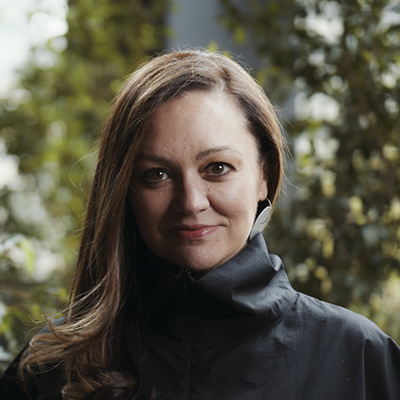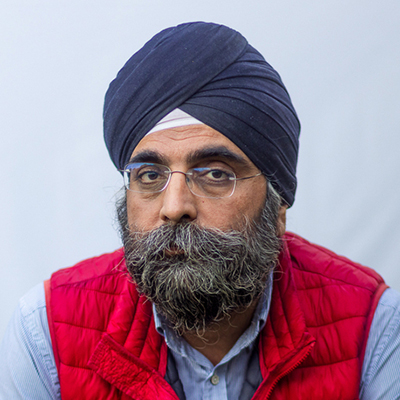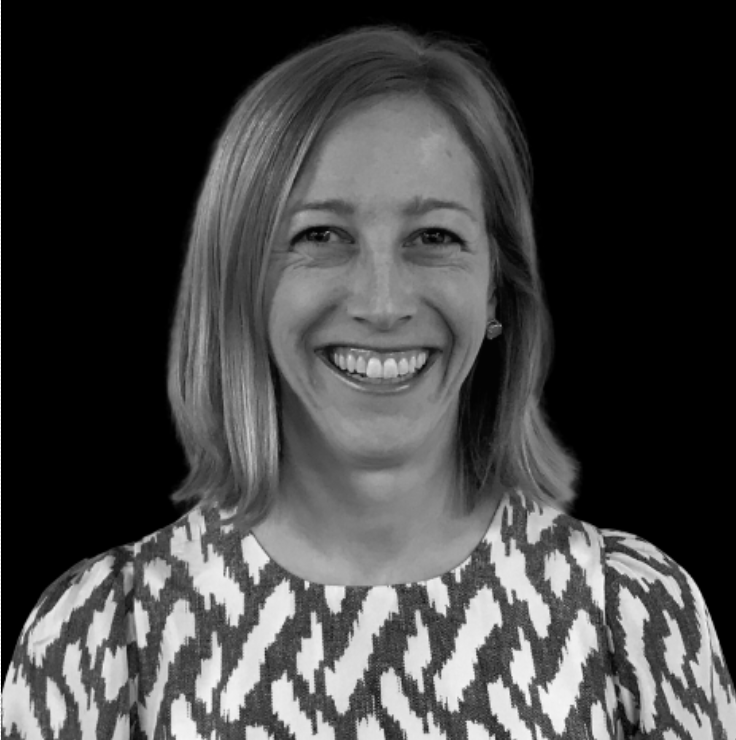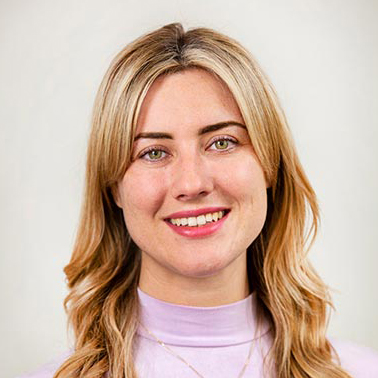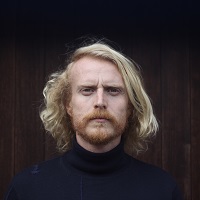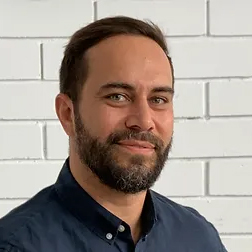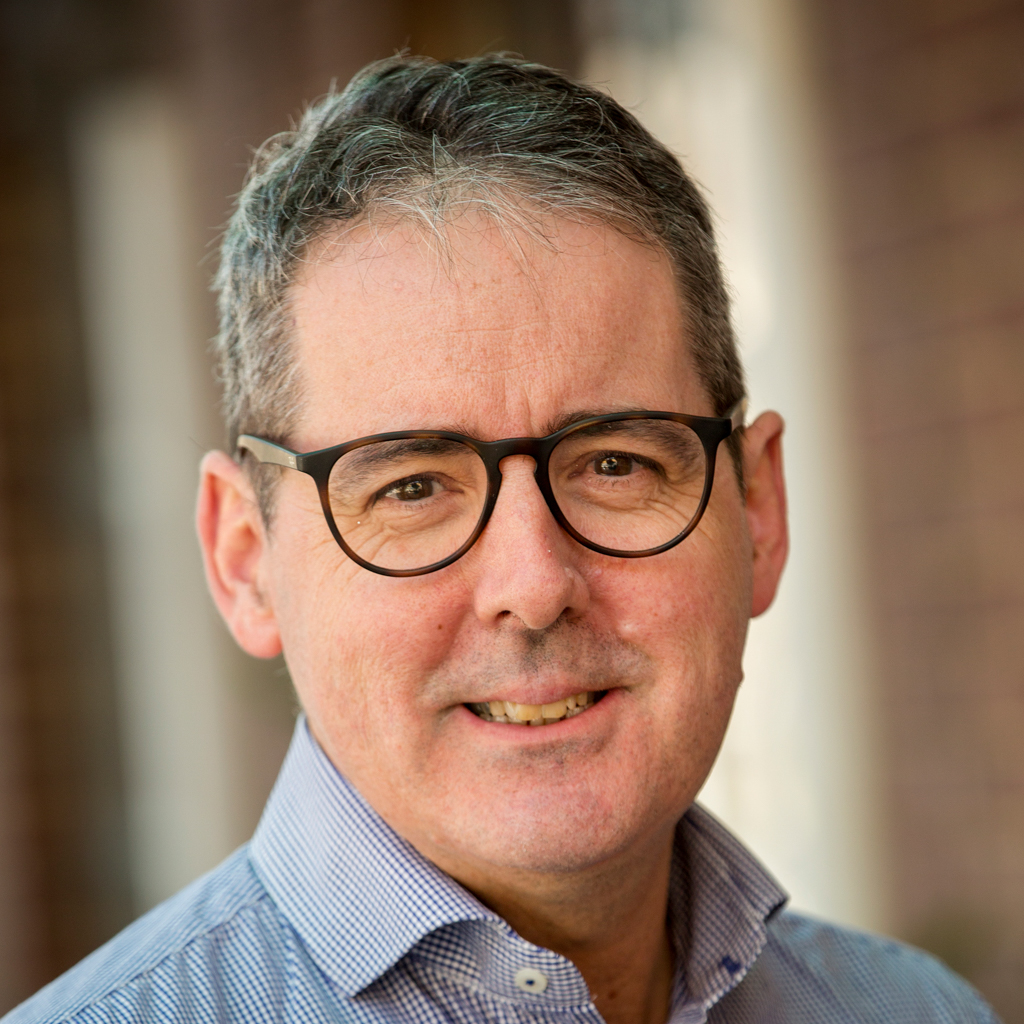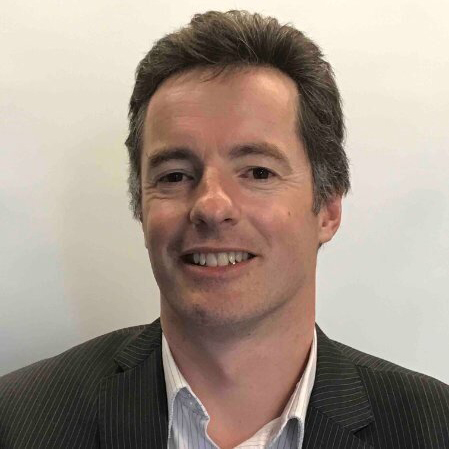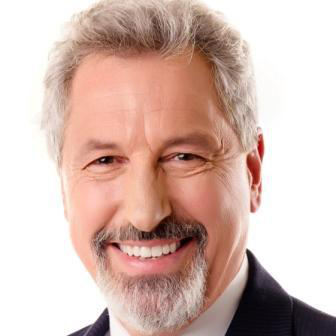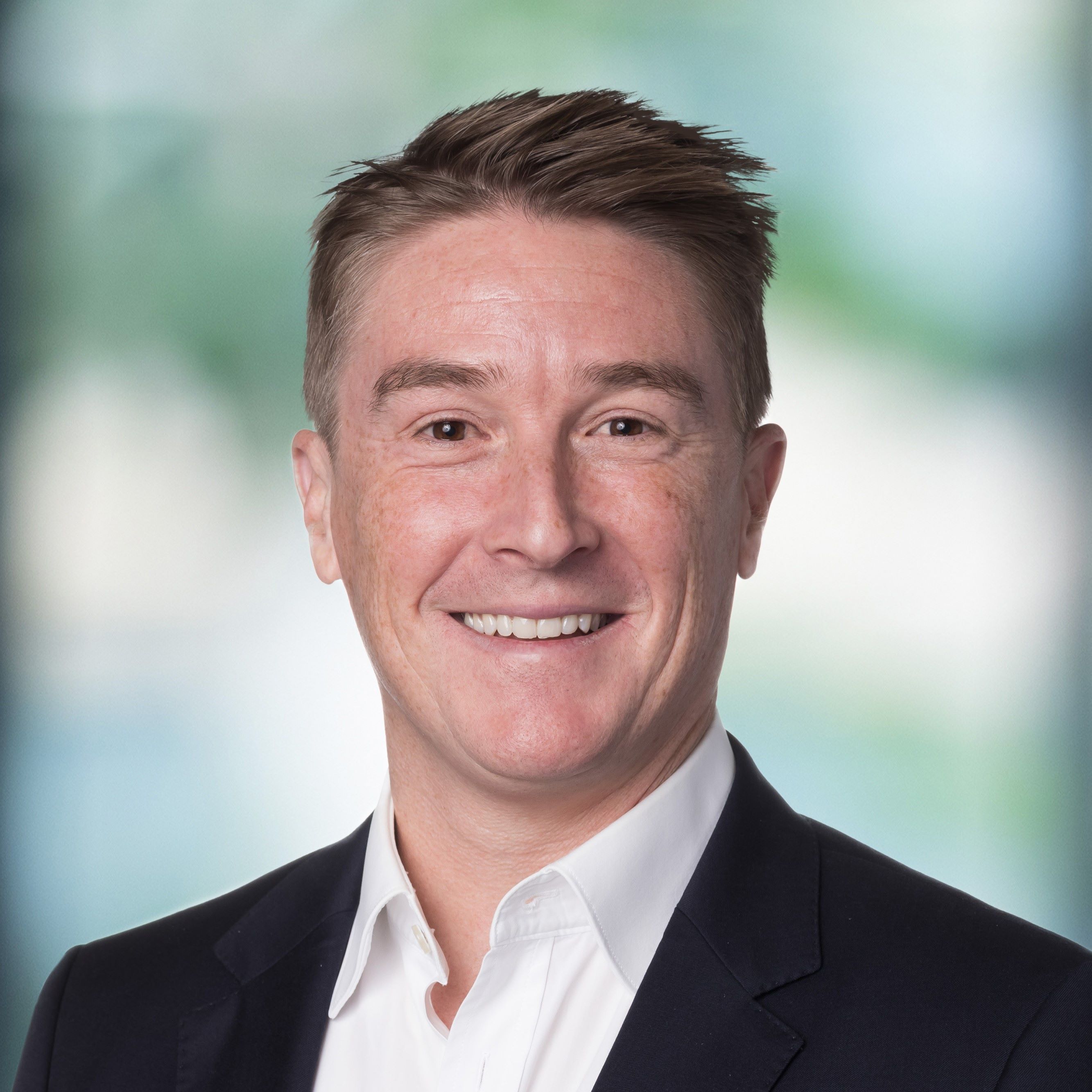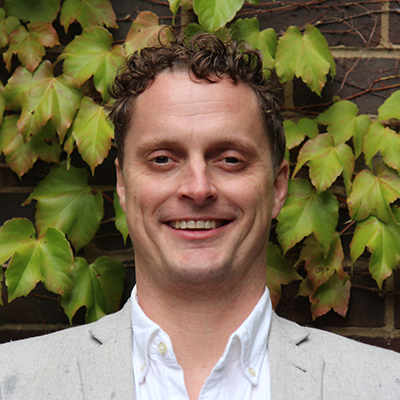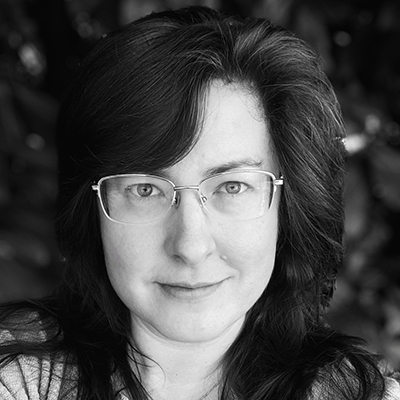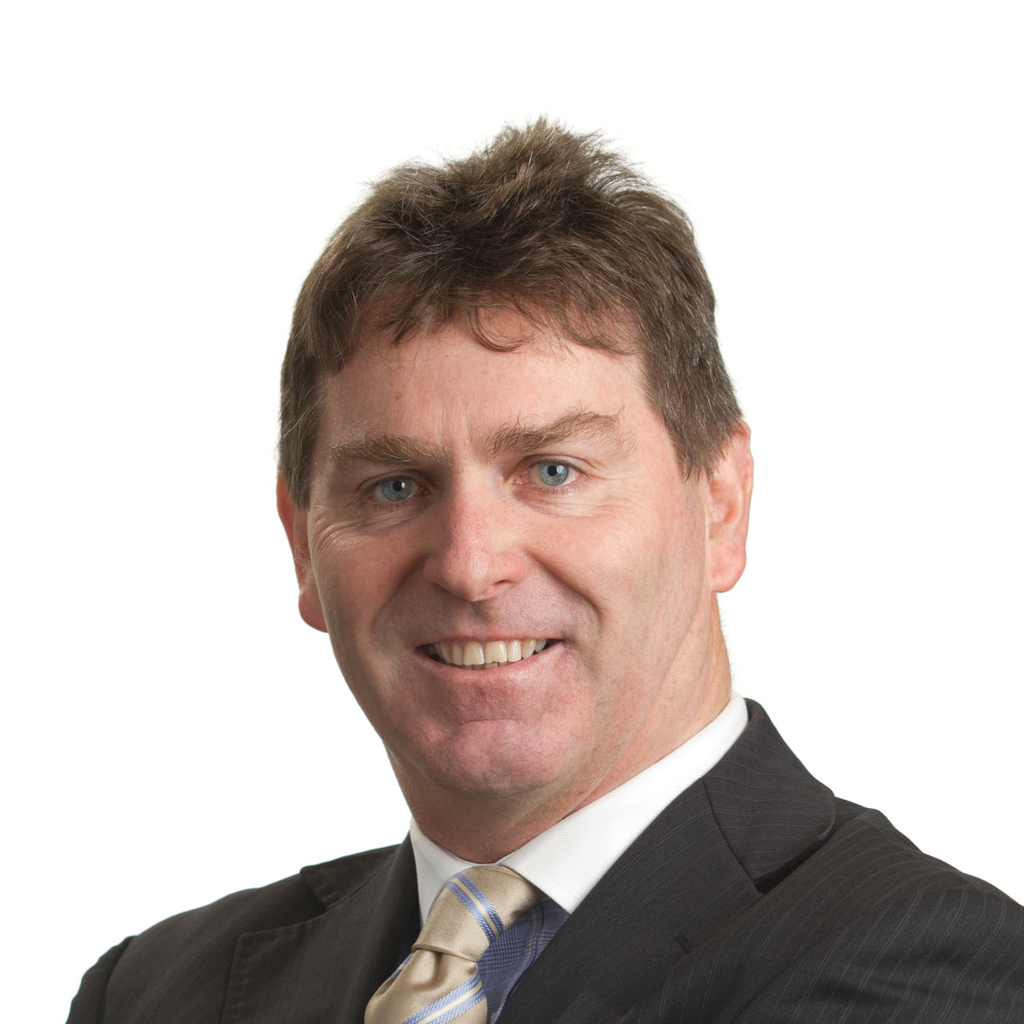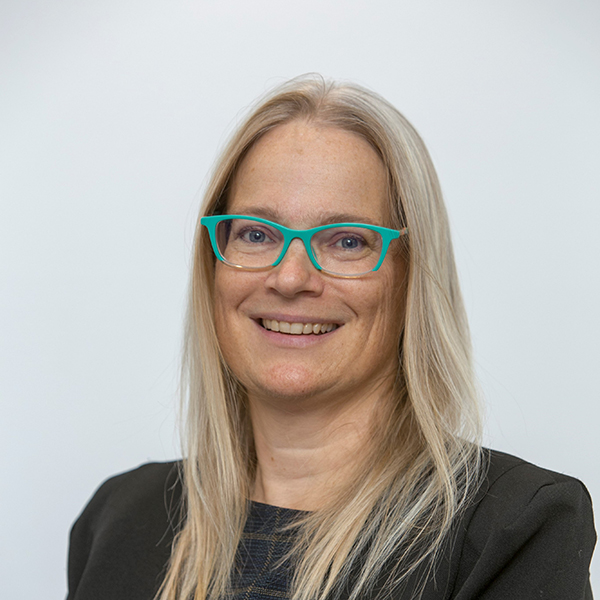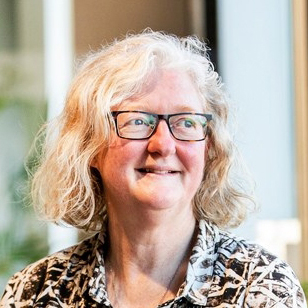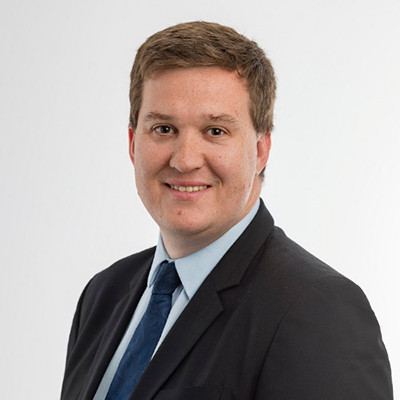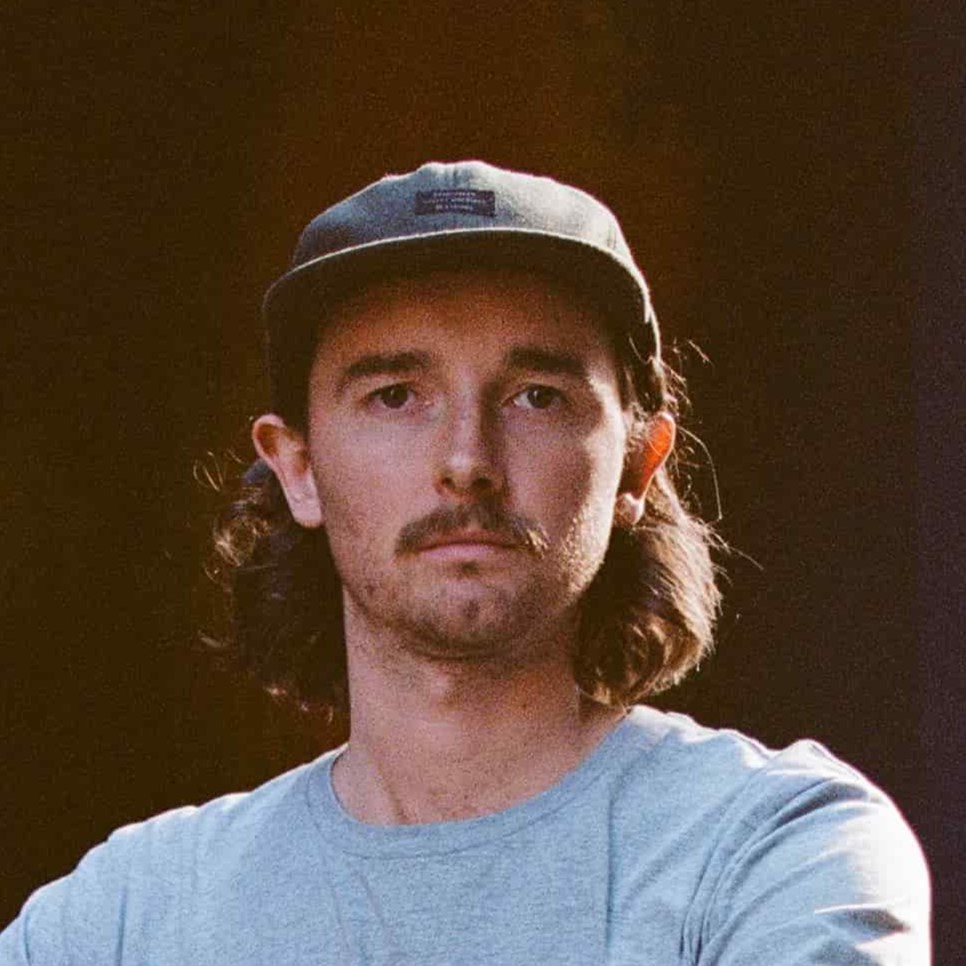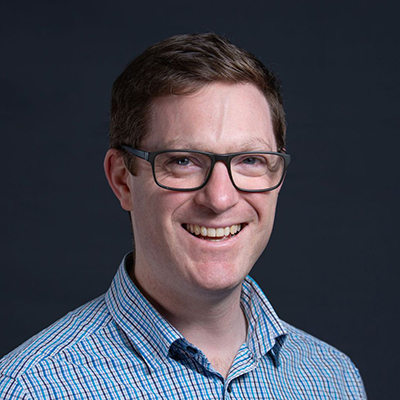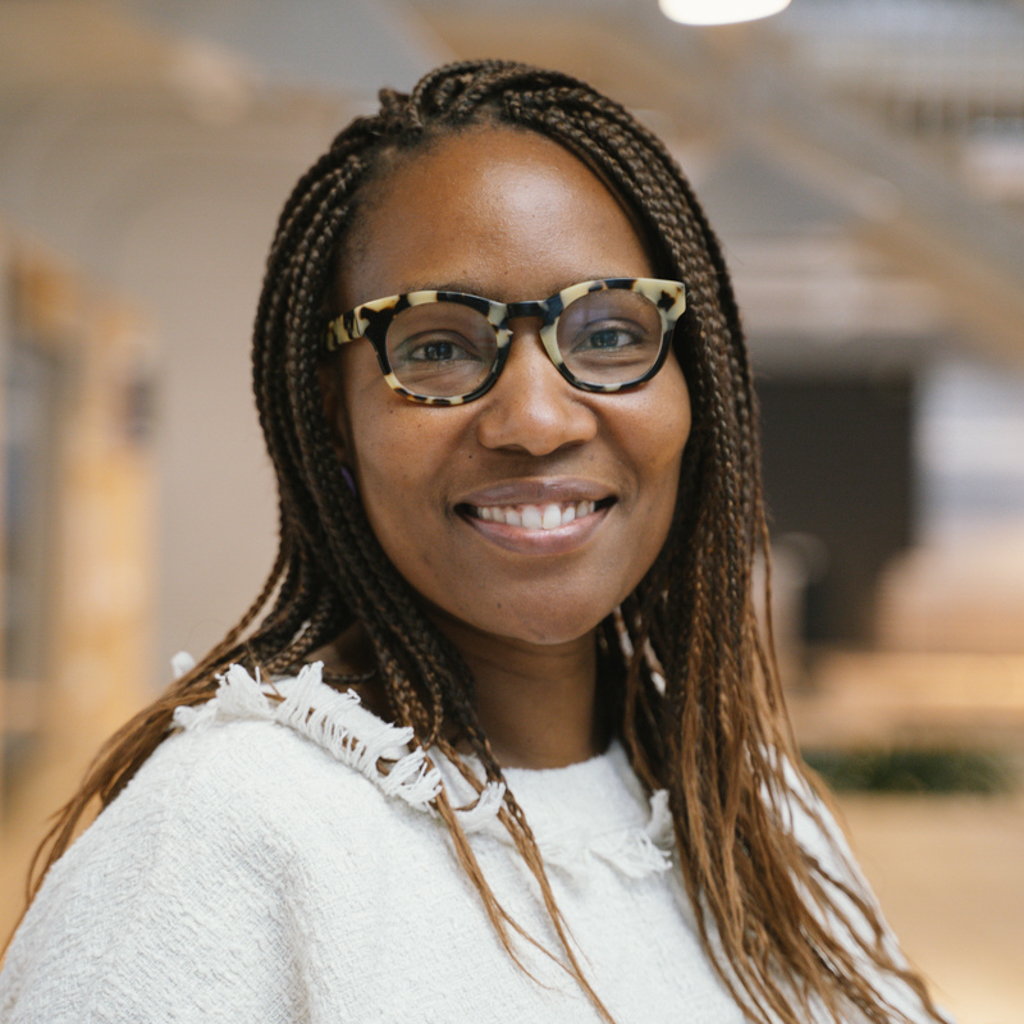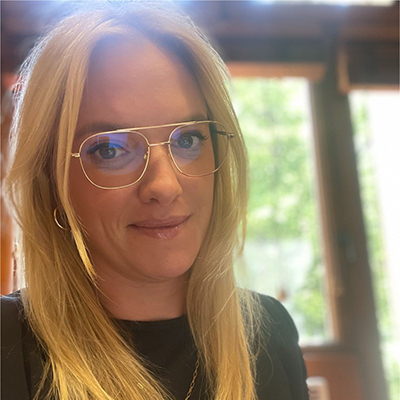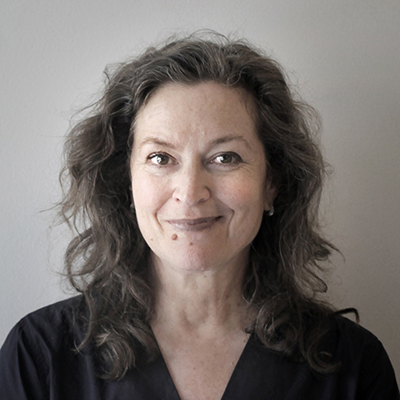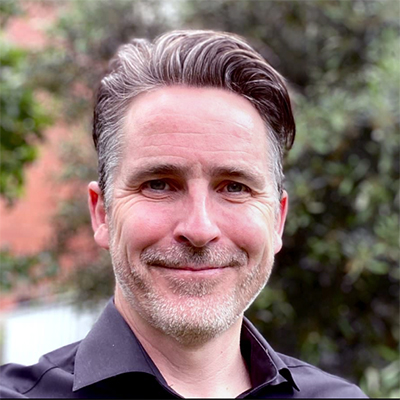The Retrofit Symposium brings together academic, government and industry experts to set the national research agenda to support the transformation of Australian cities.
Through a series of keynote lectures, panel discussions and site visits over two days, the symposium will advocate for an increase in the scale of retrofitting in Australia.
Retrofitting buildings and infrastructure reduces carbon emissions and improves environmental, economic and social performance.
Speaker Highlights
Grant Maher is the founding Director of 100% Indigenous owned and managed engineering and constructions services company Jabin.
City of Melbourne Deputy Lord Mayor, Nicholas Reece will talk about the City of Melbourne’s newly released Retrofit Plan and Indigenous strategy.
Indy Johar (Architecture 00 and Dark Matter Labs) and Nicky Drobis (Fender Kastilidis) will explore how the built environment sector can best improve the performance of existing assets with retrofitting as it moves towards more sustainable standards.
The Retrofit Lab is Research and Innovation Laboratory activating the transition of Australia's buildings, infrastructure and landscapes for resilient, healthy, and sustainable cities.
Contact:
| When | Ticket Type | Price |
|---|---|---|
| Tue 21 & Wed 22 Nov | Full | $50.00 AUD |
| Tue 21 & Wed 22 Nov | Concession | $10.00 AUD |
| Online (accessible Tue 21 & Wed 22 Nov) | General Admission | Free |
Tickets to the symposium (in-person and online) cover both days, Tuesday 21 November and Wednesday 22 November.
Note: Concession rates are available to students, those who are working part-time, on a career break, or otherwise require a concession to enable them to attend.
Contact:
Site visits
Available only to Retrofit Symposium registrants, there are a limited number of spaces available to attend one or a number of guided site visits of selected retrofitted buildings in Melbourne where you will learn about the opportunities, challenges each site was presented with regarding retrofit vs rebuild, economic and environmental savings, unforeseen lessons.
Contact:
Tuesday 21 November
Time | Session | Location |
|---|---|---|
Morning Site Visits | ||
10:00 – 11:00 | Melbourne Skyfarm – sold out This tour will explore Melbourne Skyfarm, a collaboration between Melbourne-based sustainability companies to transform a 2000-square metre roof top into an urban farm and environmental oasis in the heart of the city. Hosted by Biofilta | Docklands (20 people max) |
10:00 – 12:00 | RMIT's New Academic Street - sold out RMIT’s New Academic Street (NAS) is a major retrofit and transformation of RMIT University’s city campus. The project refurbished 30,000m² of four existing buildings, together with three new buildings totalling approximately 6,000m². The project design was a collaboration between Lyons, MvS Architects, NMBW Architecture Studio, Harrison & White, and Maddison Architects, with engineering by ARUP. Hosted by RMIT | RMIT City Campus (30 people max) |
Afternoon Site Visits | ||
14:00 – 16:00 | 47 Easey Street - new This tour will explore 47 Easey Street, a high-performing adaptive reuse project. The project is a retrofit of a 100-year-old building, retaining many existing structural elements as well as reusing a significant amount of existing materials in the new design to create a collection of multi-functional commercial spaces in Collingwood. Hosted by Revival Projects | Collingwood (30 people max) |
13:30 – 14:00 | Lincoln Square Water Sensitive Urban Design - sold out Lincoln Square has Australia's first multifunctional smart tank flood mitigation and stormwater harvesting system. The system has large tanks that we can empty ahead of heavy rainfall in order to limit downstream flooding. The water collected is also used to irrigate open space. Hosted by the City of Melbourne | Carlton (30 people max) |
13:30 - 15:00 | 500 Bourke Street – sold out 500 Bourke Street is a transformative CBD commercial retrofit project consisting of 34 levels and 48,000sqm of A-grade floorspace. Initially built in 1977 for NAB, ISPT chose retention over demolition of the existing building, driven by strong ESG, People, and Wellness. It saved over 57,000 tonnes of embodied carbon in its existing structure and utilizes all-electric systems and offsite renewables for zero carbon operation. Hosted by ISPT | Melbourne CBD (30 people max) |
17:00 – 18:00 | Welcome Reception | Level 1 Atrium |
18:00 – 18:25 | Smoking CeremonyLed by David Tournier | North Lawn (University Plaza) |
18:30 – 20:00 | Opening Keynote LectureRetrofit and Beyond: Working Through the Limits In this lecture, Indy Johar, Co-Founder, Dark Matter Labs and 00 Architecture, and current Robert Garland Treseder Fellow, will explore the topic of retrofit. Keynote speaker: Indy Johar (Co-Founder, Dark Matter Labs and 00 Architecture) | B117 Theatre |
Wednesday 22 November
Time | Session | Location |
|---|---|---|
8:30 – 8:55 | Registrations Open | Ground Floor Foyer |
9:00 – 9:05 | Welcome and opening remarks
| B117 Theatre |
9:10 – 9:45 | KeynoteFirst Nations Knowledge and Culture for Urban Retrofit and Welcome to Country
This keynote will discuss First Nations’ perspectives on retrofitting buildings, infrastructure, and landscapes. How can we create urban places that bolster resilient, healthy communities that celebrate culture and Country? | B117 Theatre |
9:45 – 10:30 | Panel Discussion and Q&APanellists
Moderator Professor Sarah Bell (Professor and City of Melbourne Chair in Urban Resilience and Innovation, Melbourne Centre for Cities, The University of Melbourne) | B117 Theatre |
10:30 – 10:50 | Morning tea | Basement foyer |
11:00 – 12:00 | Parallel Sessions #1Existing commercial building retrofits play a key role in saving embodied carbon, urban greening and improving operational efficiency, however the choice to demolish and rebuild remains the default decision in Australia. How do we engage with developers, building owners and other stakeholders to make retrofit ‘business as usual’ for commercial entities? Panellists
Moderator Associate Professor Christhina Candido (Associate Professor Environmental and Sustainable Design, Director, Sustainable and Healthy Environments Lab, The University of Melbourne) | B117 Theatre |
In an era where rapid urbanisation meets climate uncertainty, the "Infrastructure" session endeavours to provoke forward-thinking strategies and dialogues. As we stand at a crossroads, our transport, energy, water, and waste systems require not just upgrades but thoughtful adaptations to usher in a sustainable and resilient future. This session aims to unpack the current challenges, anticipate future issues, and craft holistic approaches to retrofitting our cities' vital systems. Panellists
Moderator Dr Behzad Rismanchi (Senior Lecturer, Building Energy, Department of Infrastructure Engineering, The University of Melbourne) | B120 Theatre (Singapore) | |
Nature-based solutions, blue and green infrastructure, and ecosystem improvements are crucial to developing more resilient, biodiverse and healthy cities and ecosystems. What are the key approaches that will effectively prepare cities for the emerging challenges of the future? Panellists
Moderator Professor Alex Felson (Professor of Landscape Architecture, Elisabeth Murdoch Chair of Landscape Architecture, The University of Melbourne) | B121 Theatre (Malaysian) | |
| 12:15 – 13:00 | Lunch | Level 1 Atrium |
| 13:00 – 13:45 | Keynote LectureGreen Dreams: Epic Retrofit Stories This lecture by Nicky Drobis, Partner at Fender Katsalidis will delve into case studies featuring landmark buildings and refurbishments including Midtown Centre, 500 Bourke Street and 90 Collins Street. | B117 Theatre |
14:00 – 15:00 | Parallel Sessions #290% of the buildings we will have in 2050 are built. The vast majority are not fit for purpose. Meanwhile, we are adjusting to post pandemic working and living, with many people working from home, perhaps two days per week. Office under occupancy leads to tenants reducing their leased space when renewals occur. We need to retrofit commercial buildings to reduce their environmental impacts and make them more attractive workplaces. The questions are: What do we need to change? How much change is optimal in respect of sustainability or ESG? What are our best decisions? Panellists
Moderator | B117 Theatre |
The majority of Australian housing is ill-equipped to deal with unfolding climate, health and affordability challenges. Dealing with these urgent and evolving issues requires a major transition, financially, organisationally, socially and materially. What role does retrofit play in improving the existing housing stock in an equitable and sustainable way? Panellists
Moderator | B120 Theatre (Singapore) | |
Campus Heritage: ‘Retiring or retrofitting’ 20th century buildings on the campus?’ Australian university campuses are significant custodians of historic and heritage buildings and landscapes. There are award-winning examples of adaptive reuse of these sites to suit contemporary needs and uses. However, currently a number of Australian university campuses are under renewed threat of slated demolitions of 20th century buildings that are seen as outdated and no longer fit for purpose. Panellists
Moderator Professor Hannah Lewi (Professor of Architectural History, Co-Director, Australian Centre for Architectural History, Urban and Cultural Heritage, The University of Melbourne) | B121 Theatre (Malaysian) | |
15:00 – 15:15 | Afternoon tea | Basement foyer |
15:15 – 16:15 | Parallel Sessions #3Retrofitting 4 Radical Inclusion Privileging voices of lived experience, this panel explores retrofitting existing buildings, including housing, through a lens of radical inclusion. The panellists, who have firsthand experience of intersectional differences and abilities, will share their perspectives on how architects and policymakers might partner with communities to co-design retrofits that meet the needs of all users. Through an open dialogue centred on equity and justice, this discussion aims to prompt creative, collaborative solutions for retrofits that promote spatial justice. In pursuing this approach, the panel seeks to reframe retrofitting and housing as an opportunity to make the built environment more equitable for all. In the session, panellists will discuss two main questions:
Panellists
Moderator Dr Peter Raisbeck (Associate Professor in Architectural Practice, Faculty of Architecture, Building and Planning, The University of Melbourne) | B117 Theatre |
This session will explore how we recognise dis/repair. A seemingly straightforward challenge of fixing what is broken, repair presupposes repairability – that what is broken can be fixed and what is fixed can be broken. Yet these conditions are not self-evident. In the age of planned obsolescence, when objects are made to be thrown out and not kept, when knowledge is proprietary and not public, when consumers hail the new and not the old, the act of repair is more complex. Panellists
Moderator Dr Lucy Benjamin (Post Doctoral Research Fellow in Architectural Philosophy, Faculty of Architecture, Building and Planning, The University of Melbourne) | B120 Theatre (Singapore) | |
Preparing the Australian workforce with skills for retrofit requires education and training – this is one of the key challenges facing retrofit uptake. Stakeholders across the whole supply chain need new technical and conceptual capacity for retrofit knowledge and skills to become a reality at scale. Current skill shortages in disciplines, professions and industries need to ‘catch up’ and prepare for changing market and practice demands. What does our workforce need to know, and to be able to do, to deliver the retrofit revolution? Panellists
Moderator
| B121 Theatre (Malaysian) | |
16:15 – 16:45 | Panel Discussion and Q&AThe cities of 2050 have already been built. Urgent action to retrofit existing built assets is needed if Australia is to meet its carbon targets and develop resilience against ongoing climate, biodiversity and public health risks. A major challenge is that the property and construction sectors are geared towards building new assets and not retrofitting existing buildings, infrastructure, and urban landscapes. This final session will explore the obstacles, solutions, and innovative approaches in reshaping our built environment for a post-carbon world. Panellists
Moderator Professor Sarah Bell (Professor and City of Melbourne Chair in Urban Resilience and Innovation, Melbourne Centre for Cities, The University of Melbourne) | B117 Theatre |
16:45 – 17:00 | Closing remarksWith Symposium co-convenor Professor Sarah Bell (Professor and City of Melbourne Chair in Urban Resilience and Innovation, Melbourne Centre for Cities, The University of Melbourne) | |
Contact:
Keynote speakers
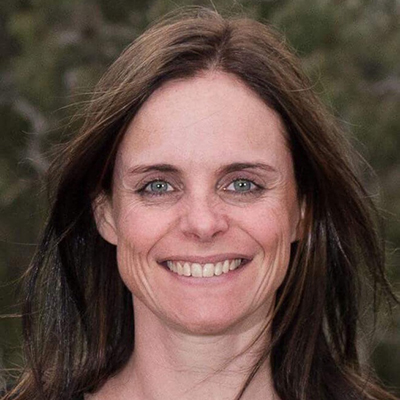
Mandy Nicholson
Keynote panellists
Panellists
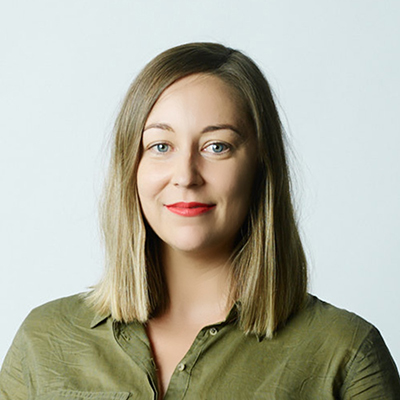
Loren Adams
Sarah Bell

Lucy Benjamin

Arianna Brambilla
Christhina Candido
Robert Crawford
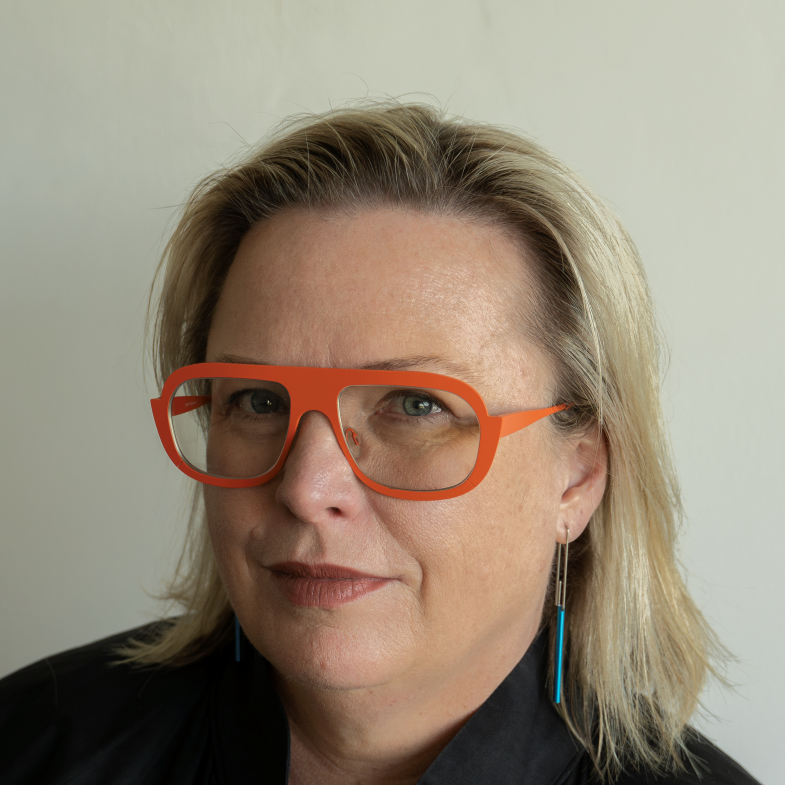
Kirsten Day
Alex Felson
Valerie Francis
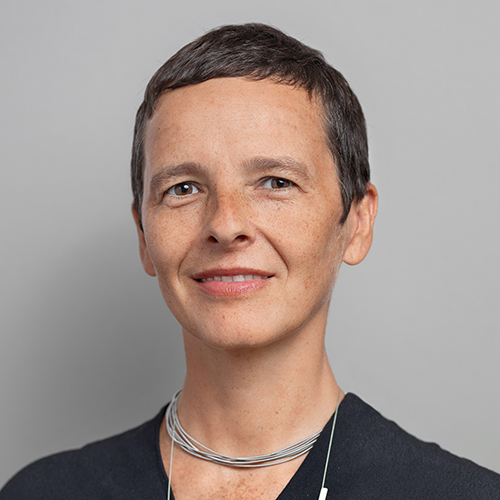
Hélène Frichot
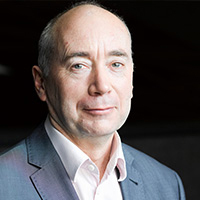
Philip Goad
James Helal
Dominik Holzer
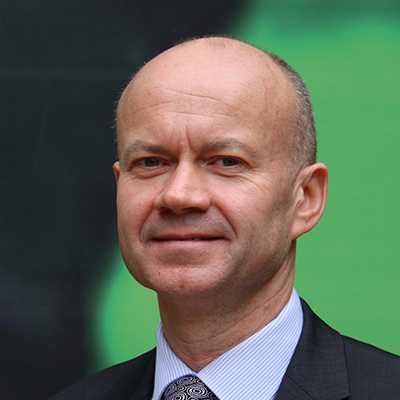
Ralph Horne
Hannah Lewi
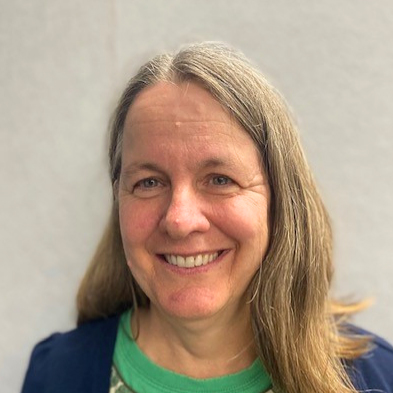
April Muirden

Peter Raisbeck
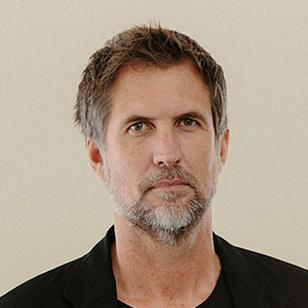
Gerard Reinmuth
Behzad Rismanchi
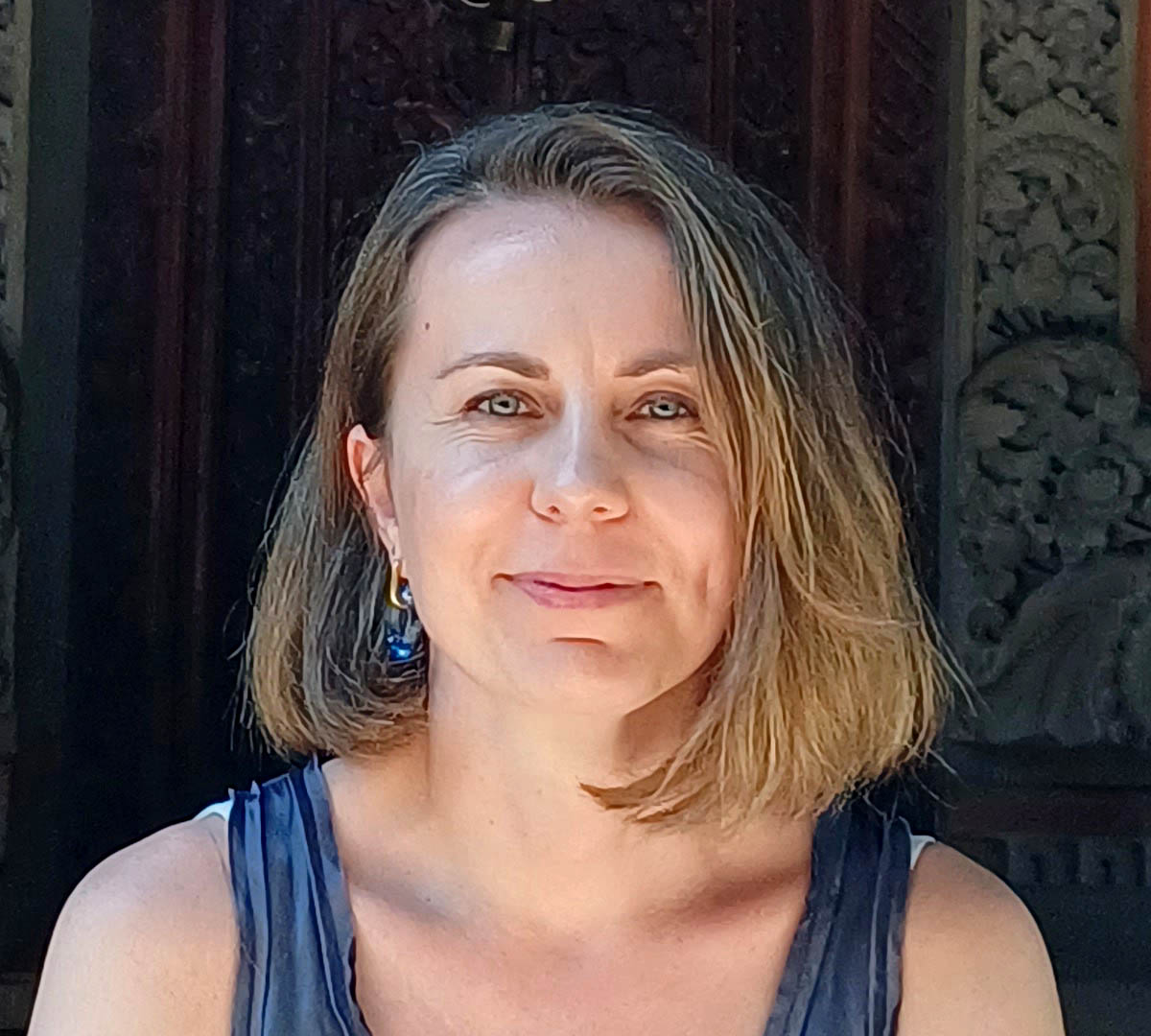
Magdalena Joanna Sliwinska
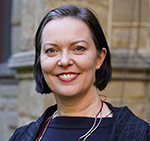
Kate Tregloan
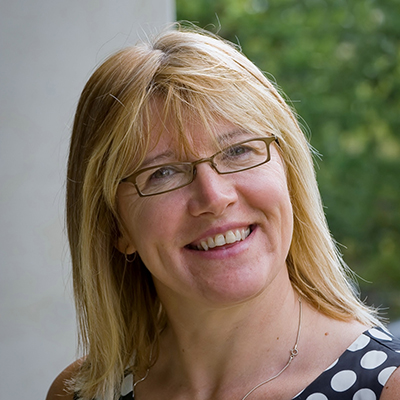
Sara Wilkinson
Contact:
Frequently Asked Questions
-
How do I get to the Retrofit Symposium?
All Symposium events will take place in the Glyn Davis Building (MSD), located on Masson Road at the University of Melbourne's Parkville Campus.
The campus is readily accessible by public transport, with all trams (1, 3, 5, 6, 16, 64, 67, 72) running along Swanston Street taking you to the University of Melbourne Parkville Campus – Stop 1.
Car parking is available at the Eastern Precinct Underground Carpark:
- Entry: 375 Cardigan Street, Carlton, near the corner of Elgin Street
- Hours: Monday - Sunday 6:00am to midnight
-
I'm unable to attend the Symposium in-person. Will sessions be livestreamed?
Yes, all sessions of the Symposium will be livestreamed via zoom. Once you have registered, you will receive a zoom link and password to each session prior to the event.
-
Will I be able to watch the Symposium sessions online after the live event?
Several of the Symposium sessions will be recorded and made available for viewing on the Melbourne School of Design YouTube channel.
-
What is the Retrofit Lab?
The Retrofit Lab is a Research and Innovation Laboratory activating the transition of Australia's buildings, infrastructure and landscapes for resilient, healthy, and sustainable cities. Find out more.
-
How is the Symposium committed to being a sustainable event?
We actively strive to minimise our environmental impact and inspire positive change in alignment with the University of Melbourne’s Sustainability Plan 2030, by embracing waste reduction, sustainable venue and catering options, paperless practices, carbon offsetting, and providing educational resources.
We actively chose vegetarian meals to reduce carbon footprint and ask that attendees BYO water bottles and cups. Any excess food will be donated to Ozharvest.
Join us in embracing sustainability and making a meaningful difference at the Symposium.
-
Who are the key partners and supporters?
- The Faculty of Architecture, Building, and Planning at the University of Melbourne
- Retrofit Lab
- Indy Johar appears courtesy of the Robert Garland Treseder Fellowship
